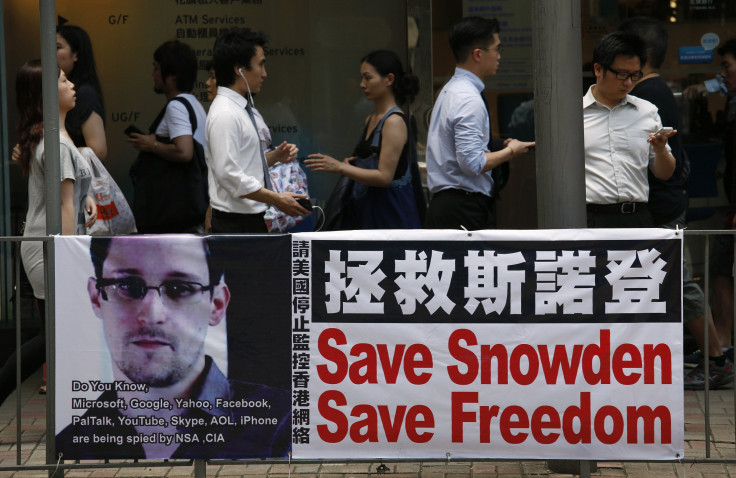House Hearing To Examine Damage Caused By NSA Leaks

Officials from the intelligence community will testify Tuesday about any harm to national security that has resulted from the revelation of two secret surveillance programs, one on the collection of Americans’ phone records and the other on Internet and email communications. Witnesses, including National Security Agency Director General Keith Alexander, are also expected to defend the programs which have come under fire as a violation of Americans’ privacy rights by talking about the ways they have helped avert terrorist attacks.
Rep. Mike Rogers, R-Mich., chairman of the committee, said he expects Alexander to discuss instances when the programs have helped thwart an attack. “We know that there are dozens and we’ve asked as well to start declassifying these, so I do think that he’ll discuss more declassified disruptions of terrorist attacks that involved these two programs,” Rogers said on NBC’s “Today” show ahead of the hearing.
One top concern since the leaks came out is how confessed leaker Edward Snowden, a technology contractor working at NSA, had access to the highly sensitive information he has since leaked to the press. “What he did have the capability to do as a systems administrator is see everything go by,” Rogers said. “We’re curious how did he get that capability. Was somebody helping him try to download this?”
Snowden, who revealed his identity shortly after the Guardian and Washington Post newspapers ran their first stories about NSA’s secret surveillance programs and has continued to talk to the press from where he is staying in Hong Kong, said Monday that the technical barriers keeping someone with his security clearance from spying on Americans are minimal. “Persons do enjoy limited policy protections … and one very weak technical protection -- a near-the-front-end filter at our ingestion points,” Snowden wrote Monday during a Q&A hosted by the Guardian. “The filter is constantly out of date, is set at what is euphemistically referred to as the ‘widest allowable aperture,’ and can be stripped out at any time.”
But Rogers said that Snowden was wrong to believe that the NSA can listen to Americans’ phone calls. He described Snowden’s access to sensitive information as similar to a New York City traffic cop at a busy intersection who sees everything go by and may be able to “grab hold” of bits of sensitive information.
Rogers said he expects the question of Snowden’s access to classified information will be brought up at the hearing. The other witnesses are Deputy Attorney General James Cole, Deputy Director of the Federal Bureau of Investigation Sean Joyce and Robert Litt, general counsel for the Office of the Director of National Intelligence.
© Copyright IBTimes 2024. All rights reserved.






















